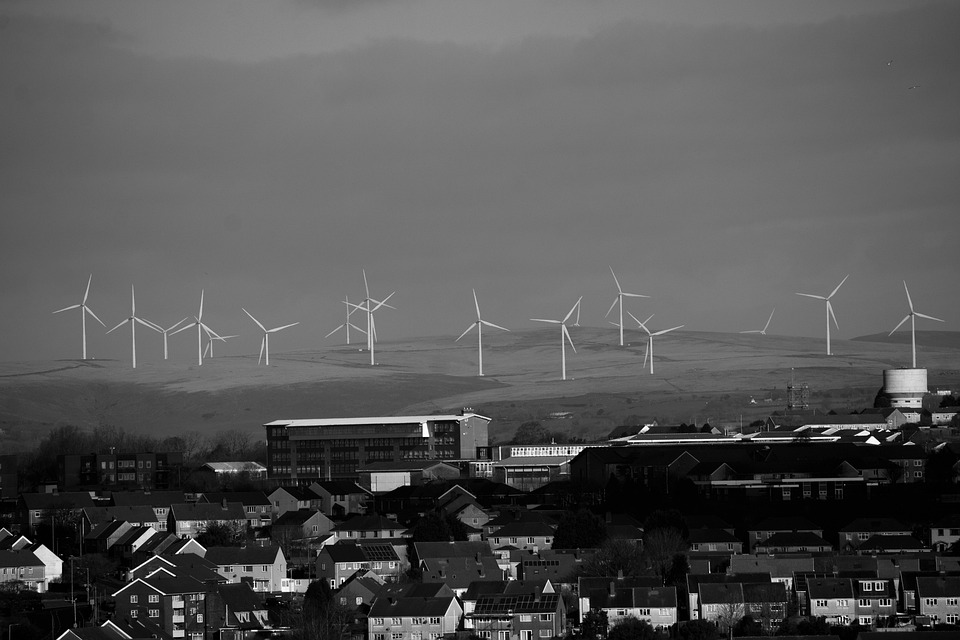Introduction
As a student of engineering, you may have narrowed down your options to two popular fields: power engineering and electrical engineering. Both fields deal with the movement of energy, but they have distinct differences. In this article, we will compare and contrast power and electrical engineering, helping you make an informed decision about which field is right for you.
Definition and Scope
Power Engineering
Power engineering deals with the distribution and transmission of energy from the source to the point of consumption. This field focuses on the infrastructure that enables the reliable and efficient delivery of energy to industries, homes, and commercial establishments. Power engineers design, build, and operate power plants, transmission lines, and distribution networks.
Electrical Engineering
Electrical engineering, on the other hand, is a broader field that involves the design, development, and application of electrical systems, devices, and equipment. Electrical engineers design and develop everything from microcontrollers to power systems, communication systems, and computer hardware and software.
Differences and Similarities
Differences:
* Power engineering is primarily concerned with the transmission and distribution of energy, whereas electrical engineering is more focused on the design and development of electrical systems and devices.
* Power engineers often work on large-scale projects, such as building power plants and transmission lines, whereas electrical engineers may work on smaller-scale projects, such as designing electronic circuits or microcontrollers.
Similarities:
* Both power and electrical engineers work with electricity and energy, although power engineers are more focused on the high-voltage transmission and distribution aspect, while electrical engineers work with lower-voltage systems.
* Both fields require a strong understanding of mathematics, physics, and electrical theory.
Job Prospects and Salary Range
Power Engineering
* Job prospects: Power engineers are in high demand, particularly in countries with rapidly growing infrastructure needs.
* Salary range: Average salary range for power engineers in the United States is $80,000 to $140,000 per year.
Electrical Engineering
* Job prospects: Electrical engineers are also in high demand, particularly in industries such as technology, medical, and computer hardware.
* Salary range: Average salary range for electrical engineers in the United States is $70,000 to $120,000 per year.
Education and Training
Power Engineering
* Bachelor’s or master’s degree in electrical or mechanical engineering is often required.
* Additional training or certification in power systems and transmission and distribution may be necessary.
Electrical Engineering
* Bachelor’s or master’s degree in electrical engineering is often required.
* Additional training or certification in specialized areas, such as computer hardware or software, may be necessary.
Conclusion
In conclusion, power and electrical engineering are two distinct fields that require different skill sets and training. While power engineers focus on the transmission and distribution of energy, electrical engineers design and develop electrical systems and devices. When choosing between the two fields, consider your interests, skills, and long-term goals. Both fields are in high demand and offer competitive salaries and job prospects. With further research and exploration, you can make an informed decision about which field is right for you.
FAQs
Q: Is power engineering a subspecialty of electrical engineering?
A: Yes, power engineering is a subspecialty of electrical engineering, but it requires specific training and expertise in power systems and transmission and distribution.
Q: Can I switch from electrical engineering to power engineering?
A: Yes, with additional training and certification in power systems and transmission and distribution, electrical engineers can transition to power engineering.
Q: What are some common career paths for power and electrical engineers?
A: Power engineers often work in industries such as power generation, transmission, and distribution, while electrical engineers may work in industries such as technology, medical, and computer hardware.
Q: What are some essential skills for power and electrical engineers?
A: Both power and electrical engineers require strong skills in mathematics, physics, and electrical theory, as well as problem-solving, communication, and teamwork.




_2.png?w=150&resize=150,150&ssl=1)


